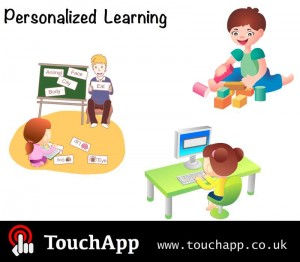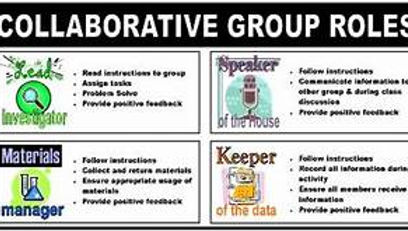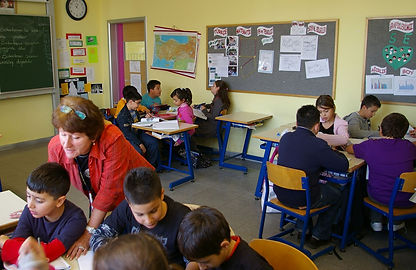
My Learning Philosophy
My learning philosophy is not only a statement but it consists of my beliefs and practices about learning. I want to challenge all students so they can learn to their full potential. I believe that all students are unique individuals who need a caring motivating environment in which they can grow intellectually, emotionally and socially.

My beliefs and practices are not based on only one theorist. But I do strongly believe that the following three theories should be integrated in my daily instruction in order for all students to succeed: a) Behaviorism b) Cognitivism c) Constructivism

Behaviorism
New behaviors or changes in behaviors are acquired through associations between stimuli and response.
Teachers will be trained on what they should do during this process such as:
How to give the learner immediate feedback;
Repeat directions as many times as needed;
Always give positive reinforcement;
Create productive learning environments.
My strategies will consist of:
-
I will develop fun activities related to the concept for small breaks for those who find it hard or tedious.
-
The classroom might have to be changed to an inviting environment for those students that need it.
-
There will be an individual reward system for those students that need it and eventually will not need rewards.
-
Personalized lessons will be developed for those in need.
-
Seating will be rearranged for positive student behavior problems.
-
I will motivate and facilitate learning everyday with stimulating ideas.
-
My reward system will consist of earning points to buy incentives like pencils, erasers, notebooks, free visit to the library, having lunch in my classroom listening to music or playing educational videos, etc.

Congnitivism
Learning occurs through internal processing of information.
Teachers will be trained on what they should do during this process such as:
How to assess each student's cognitive development, if needed;
How children should be encouraged to learn from each other;
Create an environment with plenty of manipulatables to assist with their comprehension;
My strategies will consist of:
-
Provide manipulatives for everyone that needs them.
-
Include memory games during lessons that are harder to comprehend.
-
Teacher made songs will assist students to remember a role lost of items which can include movements and rhyme,
-
Acronyms will be taught so students can recall harder concepts such as the order of the planets in our solar system:
My very eager mother just served us nine pizzas --
the planets, in order, are Mercury, Venus, Earth,
Mars, Jupiter, Saturn, Uranus, Neptune and Pluto.
-
Flash cards and puzzles will be used to reinforce memorization.
Constructivism
We construct our own knowledge of the world based on individual experiences.
Teachers will be trained on what they should do during this process such as:
How to aid students in comprehending through questioning techniques.
Assist student to develop their own conclusions.
Challenge students by making them critical thinkers.
My strategies will consist of:
-
Oral discussions for critical thinking to occur.
-
Mind Mapping using various types of charts and diagrams.
-
Hands on activities which students will conclude answers on their own which can include answers with several steps.
-
Cooperative learning activities that students will have different assigned roles.



